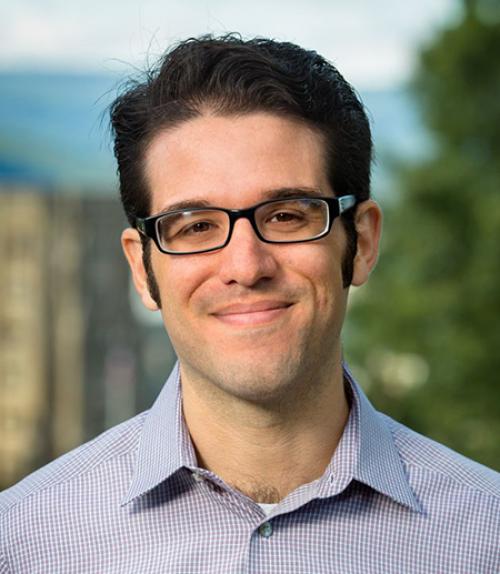Matthew Velasco, assistant professor of anthropology in the College of Arts and Sciences, has been named a 2020 Career Enhancement Fellow by the Woodrow Wilson National Fellowship Foundation.
The fellowship, funded by The Andrew W. Mellon Foundation, creates career development opportunities for early-career faculty fellows with promising research projects. The program provides fellows with a six-month or one-year sabbatical stipend (up to $30,000); a research, travel or publication stipend (up to $1,500); mentoring; and participation in a professional development retreat.
Velasco, who received a six-month fellowship, researches and writes about communities across the southern Andes during the years 1000 to 1532 A.D., when these communities coped with climate change, intensified warfare and, ultimately, conquest by the Inca Empire. He studies human skeletal remains from archaeological sites to reconstruct the lives and deaths of ancient peoples.
His current research seeks to better understand the life experiences of people whose heads were bound and reshaped during infancy, a practice known as cranial modification.
Velasco’s fellowship will support his book project, “The Mountain Embodied: Head Shaping and the Making of Personhood in the Ancient Andes,” which examines how cranial modification emerged historically and helped define the boundaries of power and personhood in the late pre-Hispanic period.
“Time may be the most valuable commodity in academia,” Velasco said. “It is an incredible privilege to have the time to sink into the book manuscript. I am grateful to the Woodrow Wilson Foundation for this opportunity to deepen my scholarship.”
In an earlier study, Velasco analyzed hundreds of human skeletal remains from multiple tombs in the Colca Valley of highland Peru and discovered that before 1300 A.D., most people did not have modified heads. He found that the number of individuals with cranial modifications increased over time, from 39.2% to 73.7% during the later portion of what archaeologists call the Late Intermediate Period (1300-1450 A.D.).
“Scholars have long debated the motivations and meanings behind head shaping,” Velasco said. “The emergence of new identities is clearly an outcome of these practices, but what are the more intimate reasons and beliefs that would have influenced a mother’s or father’s decision to mold their child's head? That is a core question of my book.”
The Woodrow Wilson National Fellowship Foundation awards seek to increase the presence of underrepresented junior and other faculty members in the arts and humanities.
Read the story in the Cornell Chronicle.




